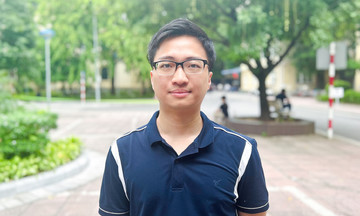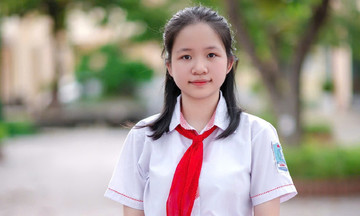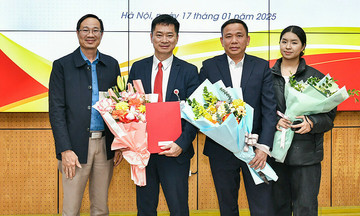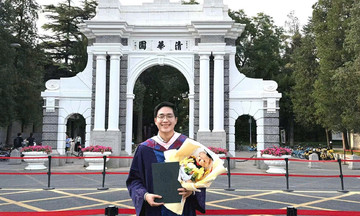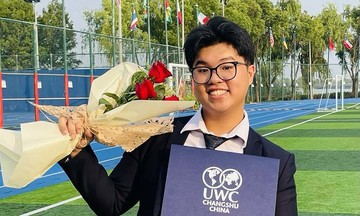September 9th is known as "Match Day" at Hanoi Medical University, the day when newly qualified doctors choose their residency specializations. This event is of particular interest to leading professors and doctors, as it unveils the next generation of specialists who will shape the future of their fields.
The moment when the top 20 resident doctors announce their chosen specializations is widely shared on social media, attracting hundreds of thousands of interactions. Faculty and students at Hanoi Medical University consider this a unique tradition.
This year, due to the large number of attendees, Hanoi Medical University held "Match Day" in two halls. In addition to the 600 prospective residents, numerous faculty members and alumni came to congratulate and welcome their new colleagues.
"I've been anxious and looking forward to this day since I received my exam results," shared Nguyen Van Thang, a new resident doctor specializing in plastic surgery.
Residency is a specialized training program in medicine, considered a prestigious program for exceptional students immediately after graduating from university. This model originated in France and later spread to other European countries, the US, and around the world.
Vietnam currently has 13 universities offering residency programs, with Hanoi Medical University's program having a history of over 50 years. The Ministry of Health considers the program essential for training skilled doctors with practical experience in hospitals, who can then become high-quality lecturers at universities.
Graduates from General Medicine, Traditional Medicine, and Odonto-Stomatology take an exam, typically held in August each year. Each graduate can only take the exam once, immediately after graduation.
Since the program's inception, over 5,000 individuals have been accepted. Before 2016, candidates registered their preferred specializations before the exam. At one point, only the top scorer could choose, while the rest were assigned. Since 2016, candidates have been able to choose their specialization based on their ranking, from highest to lowest score. The lower the rank, the more difficult the choice becomes, due to fierce competition for some specializations.
This year, there were 426 residency positions available across 38 specializations. Obstetrics and Gynecology at Hanoi Medical University had 13 positions. By the 33rd ranked candidate, this specialization was filled. Subsequent candidates, even if interested, could no longer choose it.
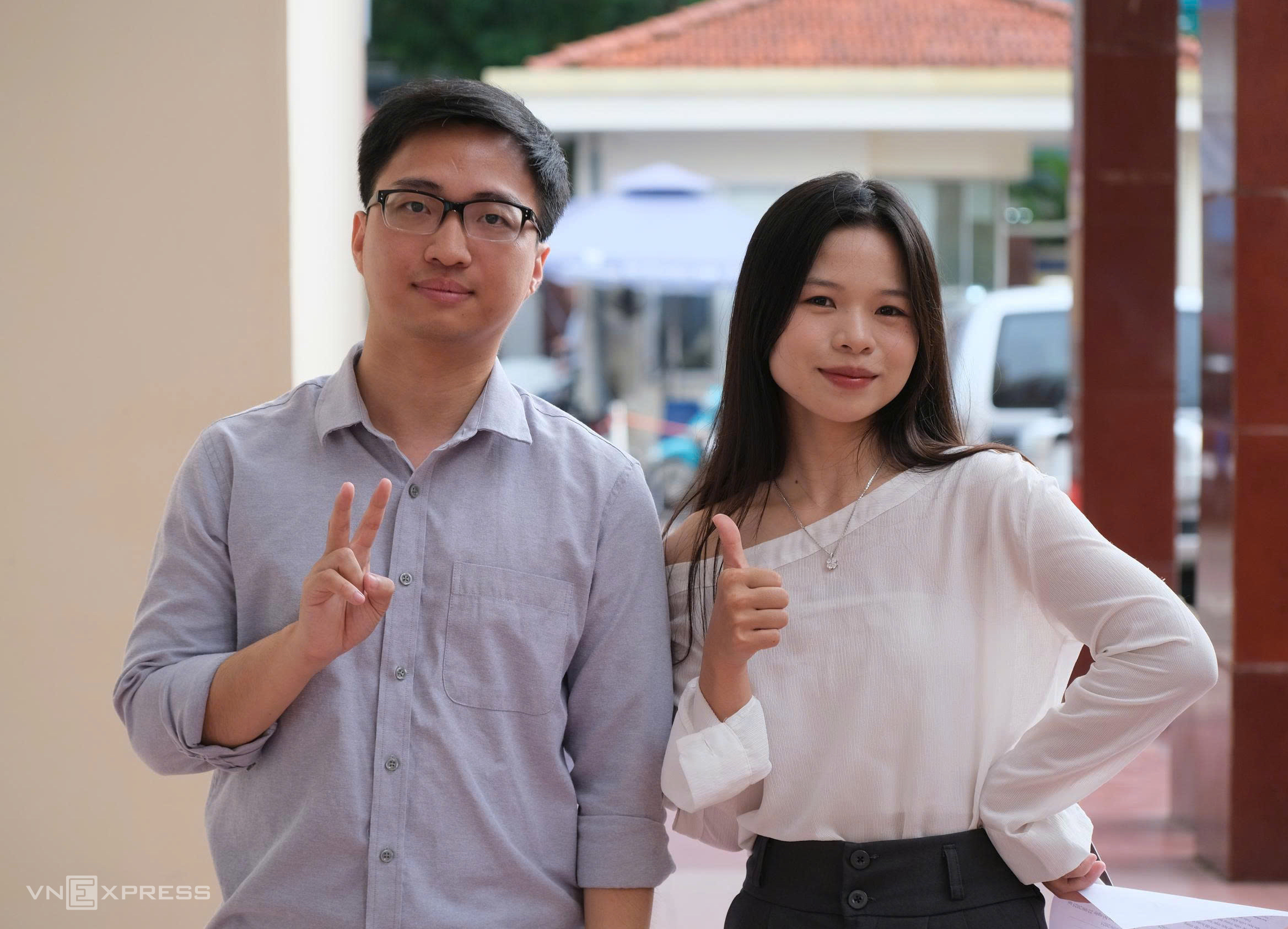 |
New resident doctors on the sidelines of the specialization selection day. Photo: Duong Tam |
This year's residency exam at Hanoi Medical University attracted over 1,000 candidates from 14 health science universities across the country. Professor Nguyen Huu Tu, the university's president, stated that this year's exam was the largest to date. Although over 600 candidates passed the minimum score, only 426 positions were available, similar to or slightly fewer than previous years.
Most candidates were part of the first cohort of medical doctors to study under Hanoi Medical University's revised curriculum. Teaching and assessment methods have also changed, aiming to produce a new generation of medical doctors with better professional skills to meet the demands of development and international integration.
"The bank of 2,000 exam questions was entirely new compared to previous years," said Professor Tu. "Therefore, this year's exam is considered the most accurate assessment of the students' abilities."
Among the 20 highest-scoring residents this year, seven chose Obstetrics and Gynecology, the most popular choice. Plastic Surgery was the second most popular, chosen by four residents. The remaining chosen specializations were Oncology (3), Diagnostic Imaging (2), Cardiology (2), Odonto-Stomatology (1), and Anesthesiology and Resuscitation (1).
Congratulating the new residents, Professor Tu emphasized that all specializations are worthy of study and research, requiring equal dedication and perseverance.
"Be prepared for the next three years of residency to be the most demanding period. In addition to studying, you will have to work and meet the stringent requirements of both the university and the hospital," he advised.
Duong Tam



